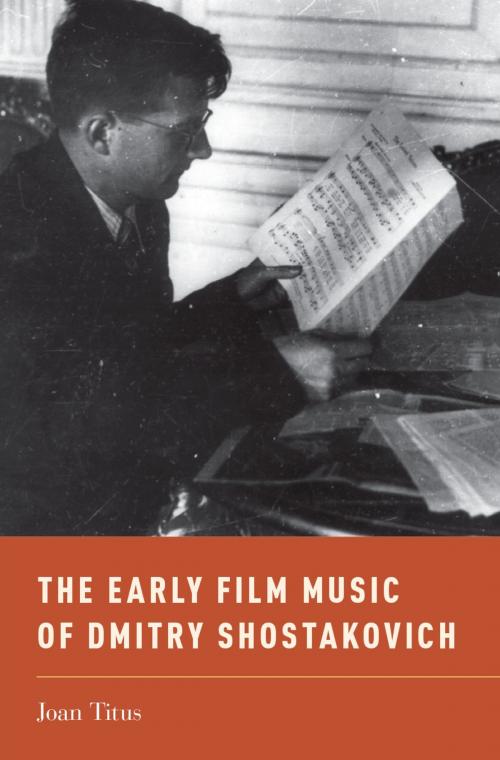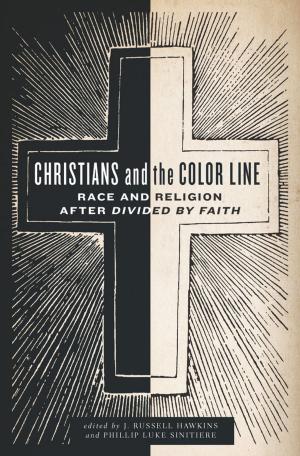The Early Film Music of Dmitry Shostakovich
Nonfiction, Entertainment, Film, History & Criticism, Performing Arts, Music, Music Styles| Author: | Joan Titus | ISBN: | 9780199315161 |
| Publisher: | Oxford University Press | Publication: | February 15, 2016 |
| Imprint: | Oxford University Press | Language: | English |
| Author: | Joan Titus |
| ISBN: | 9780199315161 |
| Publisher: | Oxford University Press |
| Publication: | February 15, 2016 |
| Imprint: | Oxford University Press |
| Language: | English |
In the late 1920s, Dmitry Shostakovich emerged as one of the first Soviet film composers. With his first score for the silent film New Babylon (1928-29) and the many sound scores that followed, he was situated to observe and participate in the changing politics of the film industry and negotiate the role of the film composer. In The Early Film Music of Dmitry Shostakovich, author Joan Titus examines the relationship between musical narration, audience, filmmaker, and composer in six of Shostakovich's early film scores, from 1928 through 1936. Titus engages with the construct of Soviet intelligibility, the filmmaking and scoring processes, and the cultural politics of scoring Soviet film music, asking how listeners hear and see Shostakovich. The discussions of the scores are enriched by the composer's own writing on film music, along with archival materials and recently discovered musical manuscripts that illuminate the collaborative processes of the film teams, studios, and composer. The Early Film Music of Dmitry Shostakovich commingles film/media studies, musicology, and Russian studies , and is sure to be of interest to a wide audience including those in music studies, film/media scholars, and Slavicists.
In the late 1920s, Dmitry Shostakovich emerged as one of the first Soviet film composers. With his first score for the silent film New Babylon (1928-29) and the many sound scores that followed, he was situated to observe and participate in the changing politics of the film industry and negotiate the role of the film composer. In The Early Film Music of Dmitry Shostakovich, author Joan Titus examines the relationship between musical narration, audience, filmmaker, and composer in six of Shostakovich's early film scores, from 1928 through 1936. Titus engages with the construct of Soviet intelligibility, the filmmaking and scoring processes, and the cultural politics of scoring Soviet film music, asking how listeners hear and see Shostakovich. The discussions of the scores are enriched by the composer's own writing on film music, along with archival materials and recently discovered musical manuscripts that illuminate the collaborative processes of the film teams, studios, and composer. The Early Film Music of Dmitry Shostakovich commingles film/media studies, musicology, and Russian studies , and is sure to be of interest to a wide audience including those in music studies, film/media scholars, and Slavicists.















